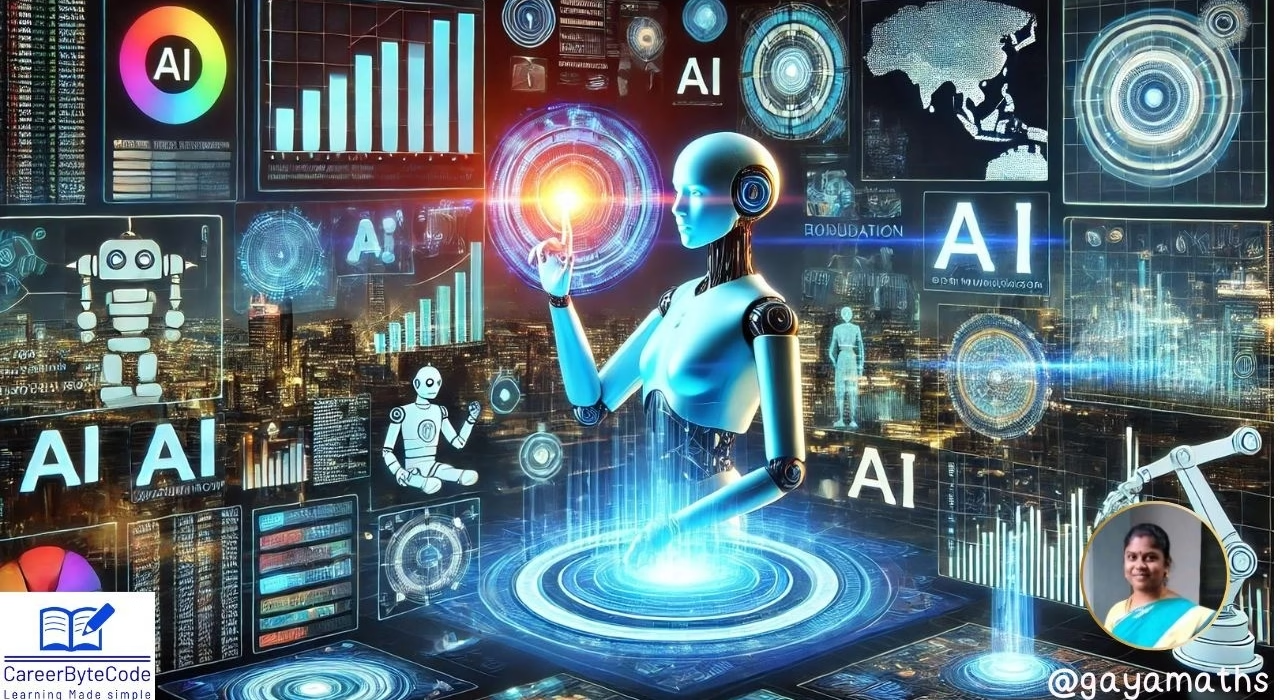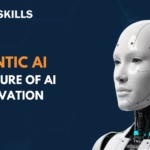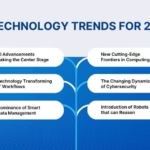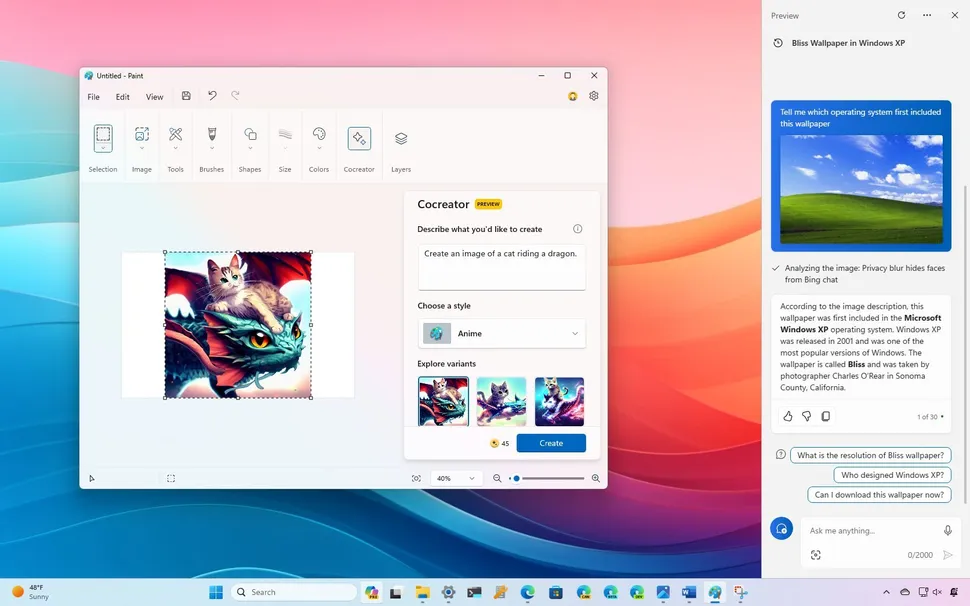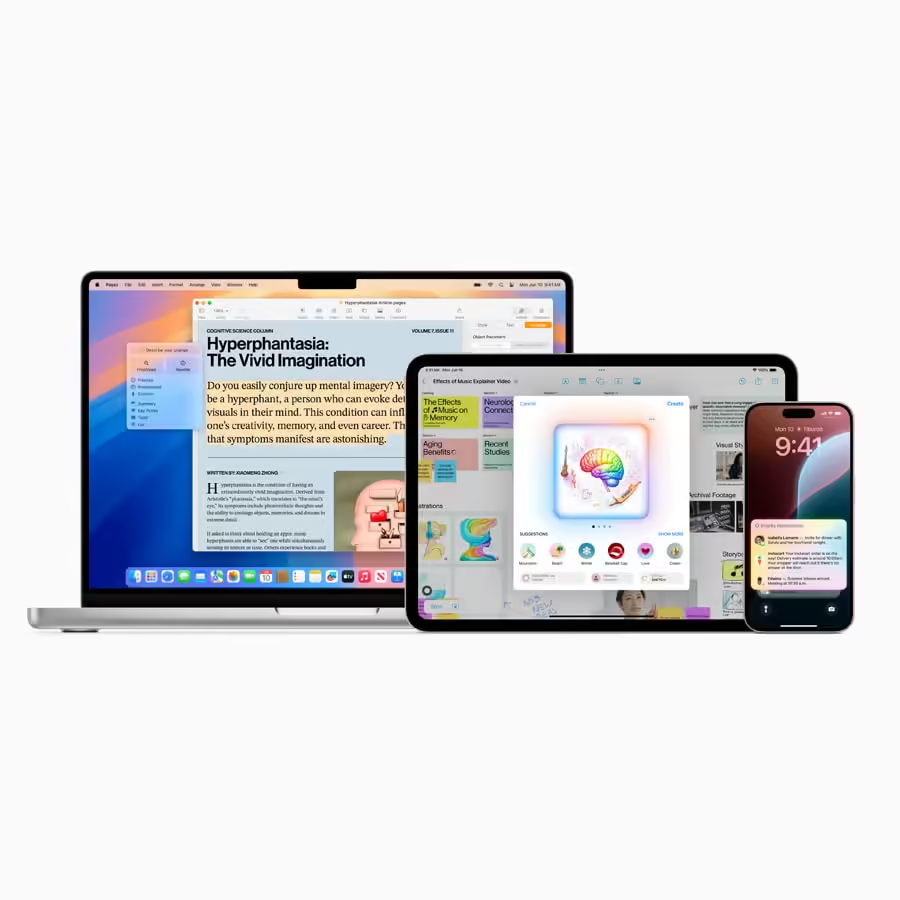The Dawn of a New AI Era
Estimated reading time: 15 minutes
Key Takeaways
- Revolutionary AI innovations changing the world are rapidly reshaping industries and daily life.
- The pace of AI development is unprecedented, with profound and far-reaching implications across all sectors.
- We are witnessing critical AI breakthroughs that are defining our present and will continue to do so, with a particular focus on advancements expected by 2025.
- This post explores how AI is transforming industries, highlights the latest advancements, and examines the overall impact of AI on global economy.
- Key areas include generative AI, industry-specific transformations, emerging AI breakthroughs, and the economic landscape.
Table of contents
- The Dawn of a New AI Era
- Key Takeaways
- Generative AI: The Engine of Content and Creativity
- Industry-Wide AI Transformation: A Sectoral Deep Dive
- Critical AI Breakthroughs Shaping 2025 and Beyond
- The Economic Landscape Reimagined: Impact of AI on Global Economy
- The Path Forward: Embracing the AI Revolution
- Frequently Asked Questions
We stand at the precipice of a new era, one defined by the transformative power of artificial intelligence. The landscape of technology, and indeed our world, is being reshaped by revolutionary AI innovations changing the world at an astonishing pace. This isn’t just incremental progress; it’s a paradigm shift with profound, far-reaching implications across every facet of human endeavor. From the way we work and communicate to how we innovate and solve complex problems, AI is no longer a futuristic concept but a tangible force. As we look towards 2025, the impact of critical AI breakthroughs is already becoming evident, setting the stage for an even more AI-integrated future. This blog post aims to illuminate the path AI is forging, exploring how AI is transforming industries, detailing the latest groundbreaking advancements, and analyzing the overarching impact of AI on global economy.
Generative AI: The Engine of Content and Creativity
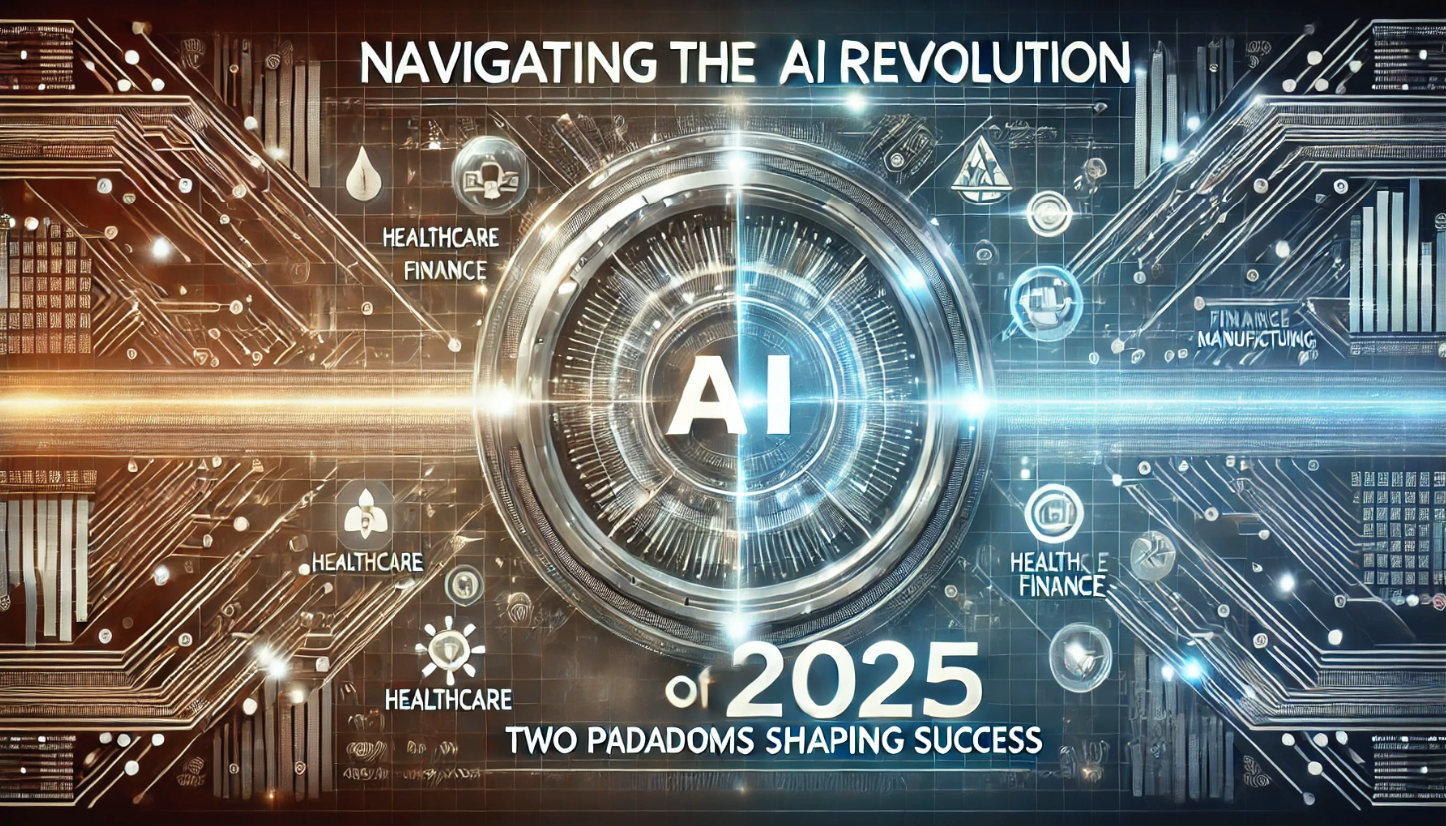
At the forefront of this AI revolution is generative AI, a class of artificial intelligence systems capable of creating entirely new content. This includes text, code, images, music, and even synthetic data that mirrors real-world patterns. The latest advancements in generative AI have moved beyond simple pattern replication to sophisticated creation, demonstrating an impressive capacity for originality and complexity. Frontier models are now equipped with unprecedented abilities to engage in complex writing tasks, generate functional code, and solve multistep problems with remarkable speed and accuracy. This leap forward is largely driven by proprietary model advancements, such as OpenAI’s o1 and Microsoft’s Phi. These models showcase significant improvements in logical reasoning and domain specialization, achieved through meticulously curated high-quality datasets and advanced synthetic training techniques.
The practical applications of these advancements are vast and varied. We see AI-driven art and design tools empowering creators with new avenues for expression. In software development, generative AI is capable of autonomous code generation, accelerating application development cycles and allowing engineers to focus on higher-level problem-solving. Furthermore, these technologies are proving invaluable in advanced scientific research, enabling complex simulations and data analysis that were previously impossible. The potential of generative AI extends to revolutionizing content creation, personalizing user experiences, and even accelerating scientific discovery. Its role in [game-changing AI marketing tools](https://www.penbrief.com/game-changing-ai-marketing-tools) and the [unstoppable AI-generated content revolution](https://www.penbrief.com/unstoppable-ai-generated-content-revolution) is already palpable, and its influence on [how generative AI transforms smartphones](https://www.penbrief.com/how-generative-ai-transforms-smartphones) and developer tools like [Google Gemini CLI features for developers](https://www.penbrief.com/google-gemini-cli-features-for-developers) and [Apple Intelligence generative AI features](https://www.penbrief.com/apple-intelligence-generative-ai-features) is profound.
Industry-Wide AI Transformation: A Sectoral Deep Dive
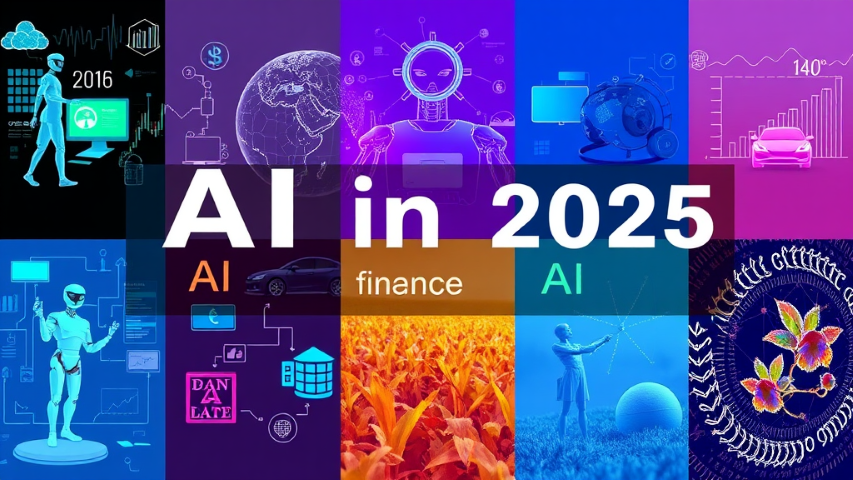
The impact of AI is not confined to a single sector; it is a pervasive force driving transformation across virtually all industries. Understanding how AI is transforming industries requires a closer look at specific fields:
Healthcare
In healthcare, AI is revolutionizing diagnostics, enabling earlier and more accurate disease detection. Personalized medicine is becoming a reality as AI analyzes individual patient data to tailor treatment plans. Transformer-based models, such as Delphi‑2M, are being developed for predicting lifetime disease risks with remarkable accuracy. Furthermore, AI is accelerating drug discovery processes, with Microsoft’s protein simulation systems significantly expediting the identification and development of new pharmaceuticals. The promise of [revolutionary AI medical breakthroughs in healthcare](https://www.penbrief.com/revolutionary-ai-medical-breakthroughs-healthcare) is immense, offering hope for improved patient outcomes and more efficient healthcare systems.
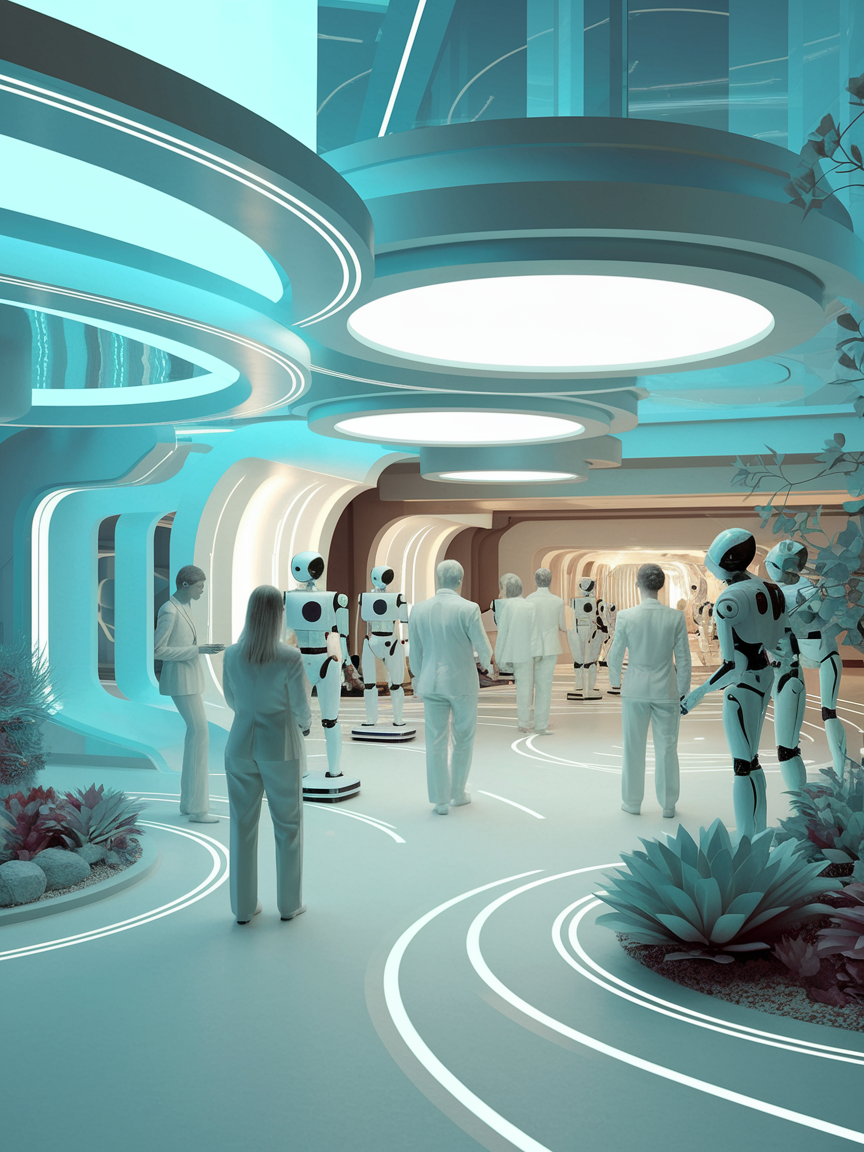
Finance
The financial sector is leveraging AI for robust fraud detection systems, significantly reducing financial losses. Algorithmic trading is being automated and optimized by AI, leading to more efficient market participation. Advanced AI-powered chatbots are also transforming customer service, providing instant and personalized support to clients. The [unstoppable AI-powered fraud detection revolutionizing finance](https://www.penbrief.com/unstoppable-ai-fraud-detection-revolutionizing-finance) showcases AI’s capability to enhance security and operational efficiency.
Manufacturing
AI is a critical enabler of predictive maintenance in manufacturing, allowing companies to anticipate equipment failures and minimize costly downtime. Complex supply chains are being optimized for greater efficiency through AI-driven analytics and logistics management. Advanced automation, powered by AI, is reducing operational costs and enhancing production quality. The [how AI is transforming businesses guide](https://www.penbrief.com/how-ai-is-transforming-businesses-guide) often highlights manufacturing as a prime example of AI’s impact.
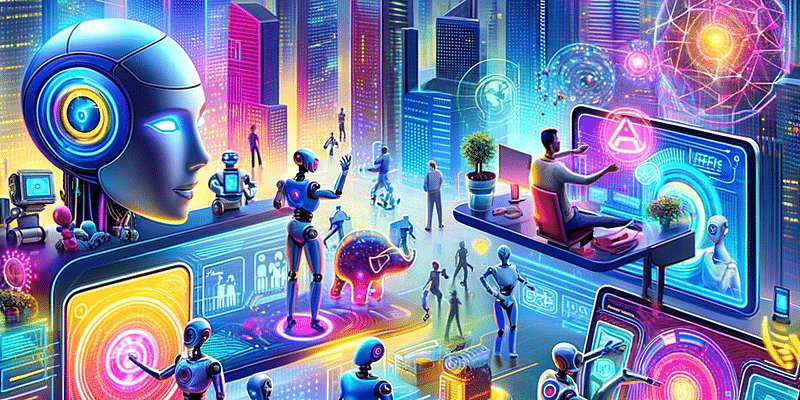
Transportation
The transportation industry is witnessing the commercialization and widespread deployment of autonomous vehicles, promising safer and more efficient travel. AI-driven traffic management systems are being implemented to optimize traffic flow, improve safety, and enhance logistics. The era of [unbeatable AI-powered transportation in 2025](https://www.penbrief.com/unbeatable-ai-powered-transportation-2025) is fast approaching.
Education
AI is powering educational platforms that offer personalized learning experiences, adapting to individual student needs and learning styles. For educators, AI automates grading and streamlines administrative tasks, freeing up valuable time for instruction and student engagement. The integration of AI in everyday devices also extends to smart home technology, as seen in [AI in smart home devices: the integration of AI in everyday devices](https://www.penbrief.com/ai-in-smart-home-devices-the-integration-of-ai-in-everyday-devices), hinting at broader societal integration.
Critical AI Breakthroughs Shaping 2025 and Beyond

The trajectory of AI development is marked by several critical AI breakthroughs that are poised to redefine our technological capabilities by 2025 and well into the future. These advancements go beyond current generative capacities, pushing the boundaries of what AI can achieve.
One significant area of progress is Enhanced Natural Language Understanding. AI models are evolving to possess more advanced comprehension, dialogue, and reasoning skills, moving beyond mere text generation to genuine understanding and nuanced interaction. This will lead to more sophisticated virtual assistants, improved human-computer interfaces, and more effective translation services.
Complementing this is the development of Advanced AI Reasoning and Problem-Solving. There are accelerated efforts towards creating AI systems capable of tackling highly complex, interdisciplinary challenges. This is already observable in fields like scientific research, law, and mathematics, where AI is beginning to offer novel solutions and insights. The [2025 AI Index Report](https://hai.stanford.edu/ai-index/2025-ai-index-report) offers a glimpse into this accelerating progress.
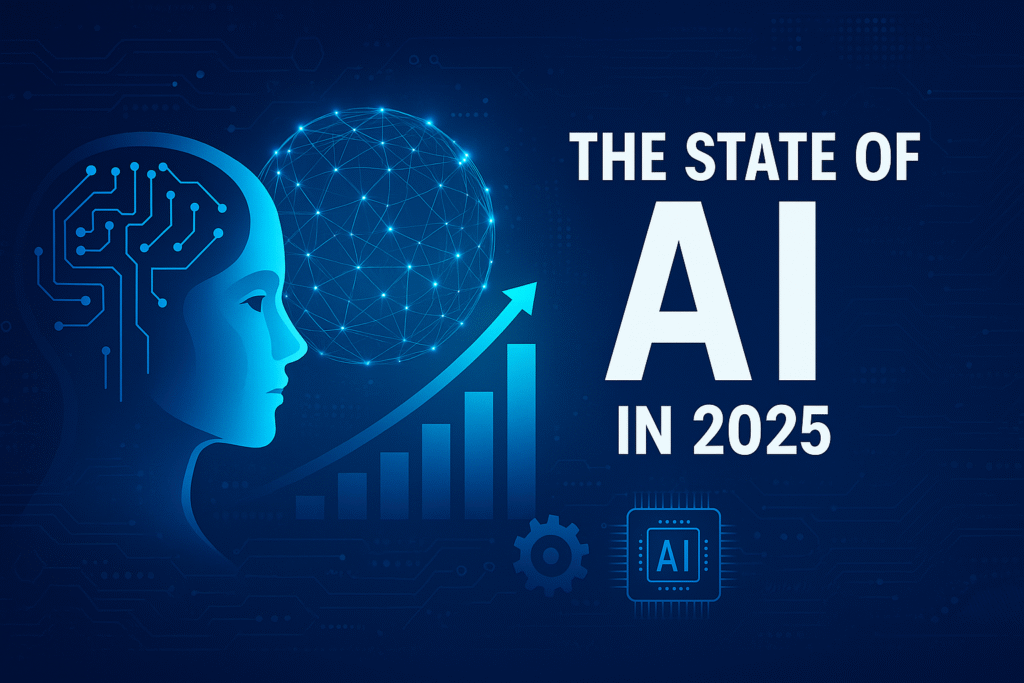
A crucial development is the Prioritization of AI Ethics and Safety. As AI becomes more powerful, the focus on responsible AI development intensifies. Research is increasingly directed towards implementing stronger controls for bias, enhancing transparency in AI decision-making, and developing robust security measures to mitigate potential social risks and ensure equitable outcomes. This is a vital step towards building trustworthy AI systems.
Furthermore, AI-Accelerated Scientific Discovery is rapidly gaining momentum. AI is significantly improving processes such as protein design, the development of sustainable materials, and the execution of complex data simulations. These advancements are paving the way for groundbreaking research across various scientific disciplines, from medicine to climate science.

Finally, the Convergence of AI with Other Technologies is creating powerful synergies. The integration of AI with quantum computing and the Internet of Things (IoT) promises vastly expanded computational power, enhanced data processing capabilities, and broader reach. This confluence of technologies will unlock new possibilities and drive innovation at an unprecedented scale, as discussed in trends like [mind-blowing quantum breakthroughs updates](https://www.penbrief.com/mind-blowing-quantum-breakthroughs-updates) and [agentic AI trends 2025](https://www.penbrief.com/agentic-ai-trends-2025). These developments underscore the continuous evolution and expanding influence of AI, as explored in posts about [top AI trends to watch 2025](https://www.penbrief.com/top-ai-trends-to-watch-2025) and [AI impact digital transformation strategies](https://www.penbrief.com/ai-impact-digital-transformation-strategies).
The Economic Landscape Reimagined: Impact of AI on Global Economy
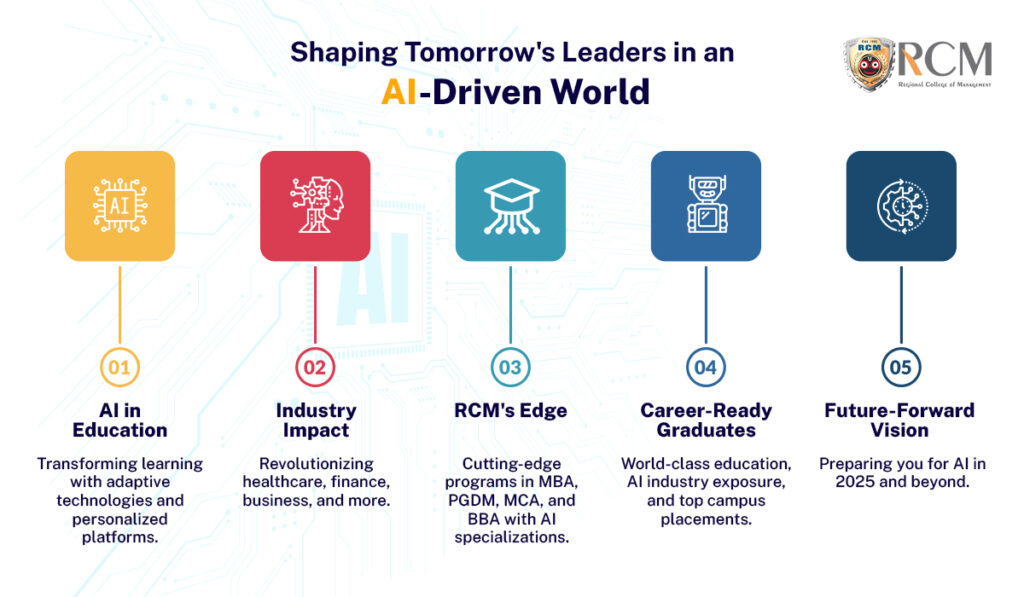
The transformative power of AI extends profoundly to the global economy, reshaping markets, labor forces, and the very nature of wealth creation. Analyzing the impact of AI on global economy reveals a complex interplay of opportunities and challenges.
Productivity Gains and Economic Growth are projected to be significant. AI has the potential to dramatically enhance workforce efficiency, automate complex tasks, and unlock entirely new revenue streams. Economists predict that AI could add trillions of dollars to the global economy through optimization, innovation, and the creation of new markets. This surge in productivity is a key driver of anticipated economic expansion.
However, the Job Market Evolution presents a dual-edged sword. While AI-driven automation may lead to displacement in certain sectors, it is also creating entirely new roles focused on AI development, oversight, and maintenance. The critical importance of reskilling and upskilling initiatives cannot be overstated. Ensuring economic inclusion will require proactive measures to equip the workforce with the skills needed to thrive in an AI-augmented economy. Discussions around [AI impact on UK jobs](https://www.penbrief.com/ai-impact-on-uk-jobs) reflect these concerns globally.

The potential for Economic Inclusion vs. Inequality is another critical consideration. AI holds the promise of democratizing access to education, healthcare, and financial services, particularly empowering emerging markets. Yet, there is also a significant risk of widening economic gaps between nations and individuals that lead in AI adoption and those that lag. Policy-makers face the ongoing challenge of ensuring that the benefits of AI are broadly shared and do not exacerbate existing inequalities. The [AI regulation tech industry impact](https://www.penbrief.com/ai-regulation-tech-industry-impact) is a crucial aspect of this discussion.
The Global Competitiveness is increasingly defined by a race for AI dominance. Nations and corporations are making substantial investments in proprietary AI infrastructure and research. Examples like DeepSeek’s R1 and Huawei’s advancements in AI computing, as discussed in [Huawei AI computing vs. NVIDIA](https://www.penbrief.com/huawei-ai-computing-vs-nvidia), illustrate the intense competition. This global pursuit of AI leadership is shaping geopolitical landscapes and economic strategies, as highlighted in general analyses like [impact artificial intelligence industries 2025](https://www.penbrief.com/impact-artificial-intelligence-industries-2025) and [AI smartphone market growth 2025](https://www.penbrief.com/ai-smartphone-market-growth-2025).
The Path Forward: Embracing the AI Revolution

The journey through the current landscape of artificial intelligence reveals a tapestry woven with incredible potential and significant challenges. We are witnessing firsthand the power of revolutionary AI innovations changing the world, from the sophisticated capabilities of generative AI to its deep integration across diverse industries.
The impact of these critical AI breakthroughs is undeniable, reshaping how we work, live, and interact with technology. As we look ahead, the continuous evolution of AI promises to further deepen its influence on society, industry, and the global economy. The advancements we see today are merely a prelude to the AI-integrated future that awaits us.
To navigate this dynamic technological landscape successfully, it is imperative to remain informed and actively engage with the ongoing AI revolution. Embracing continuous learning and adaptation will be key to harnessing the opportunities AI presents and mitigating its potential risks. Staying abreast of developments like [top AI trends to watch 2025](https://www.penbrief.com/top-ai-trends-to-watch-2025), understanding the [AI impact digital transformation strategies](https://www.penbrief.com/ai-impact-digital-transformation-strategies), and exploring the future of AI as seen in [agentic AI future trends 2025](https://www.penbrief.com/agentic-ai-future-trends-2025) will empower individuals and organizations alike to thrive in this transformative era.
Frequently Asked Questions
What is generative AI?
Generative AI refers to artificial intelligence systems that can create new content, such as text, images, code, and audio, based on patterns learned from existing data. Unlike AI that only analyzes or acts on data, generative AI produces novel outputs.
How is AI transforming industries like healthcare and finance?
In healthcare, AI is revolutionizing diagnostics, personalizing medicine, and accelerating drug discovery. In finance, it enhances fraud detection, automates trading, and improves customer service through chatbots. Many other industries are seeing similar transformative impacts in areas like manufacturing, transportation, and education.

What are some critical AI breakthroughs expected by 2025?
By 2025, key breakthroughs are anticipated in enhanced natural language understanding, advanced AI reasoning and problem-solving, greater prioritization of AI ethics and safety, AI-accelerated scientific discovery, and the convergence of AI with other technologies like quantum computing and IoT.
What is the expected impact of AI on the global economy?
AI is expected to drive significant productivity gains and economic growth, potentially adding trillions to the global economy. However, it will also lead to a transformation of the job market, necessitating reskilling and upskilling. There’s also a crucial balance to be struck between economic inclusion and preventing widening inequality.
Why is AI ethics and safety becoming increasingly important?
As AI systems become more powerful and integrated into society, ensuring their ethical development and safe deployment is paramount. This includes addressing issues like bias, transparency, security, and the potential social risks associated with advanced AI, ensuring that AI benefits humanity equitably.



